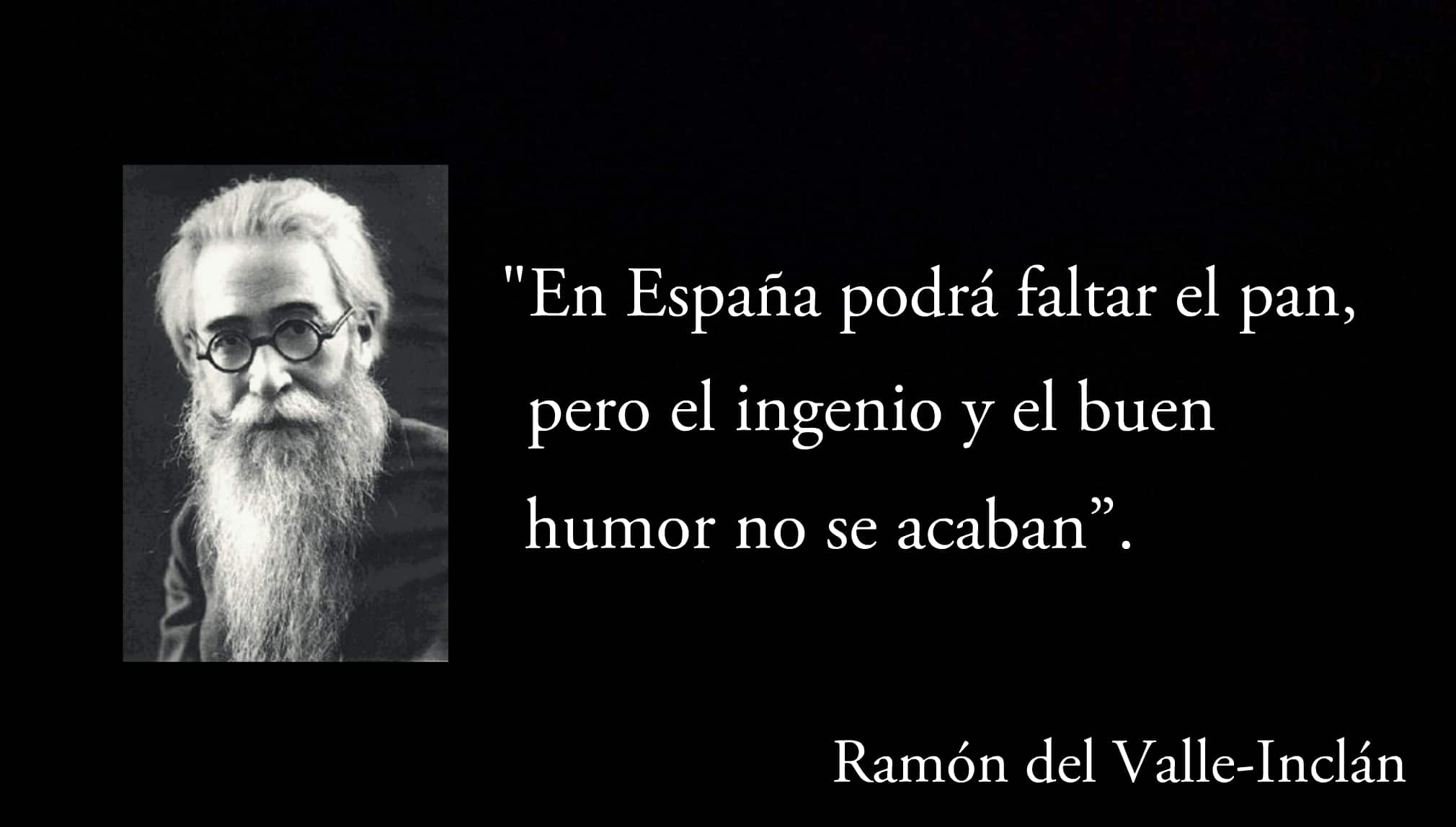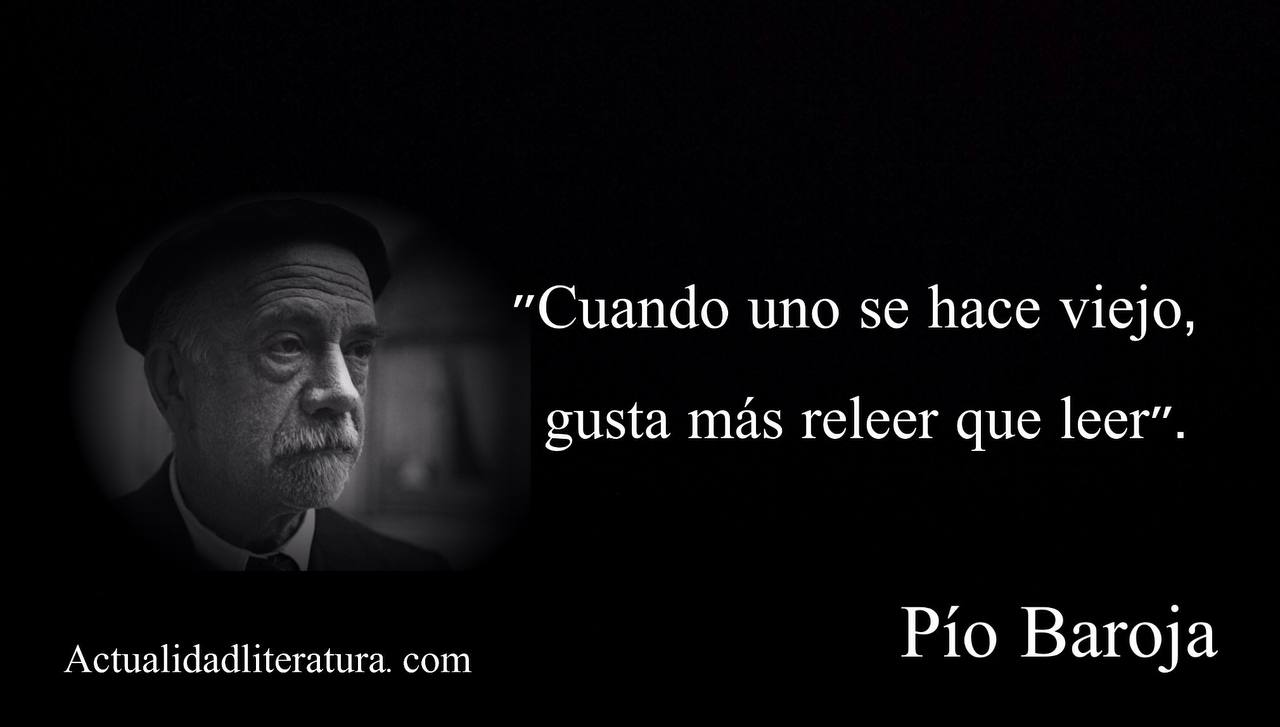
Phrase by Ramón del Valle-Inclán.
How did the so-called Generation of '98 come about? To find the answer it is necessary to go back to the end of the XNUMXth century. At that time, Spain was a nation in deep crisis of national identity, whose origin can be traced back to the Napoleonic invasion. Additionally, after the Spanish-American war, the Iberian country lost its last colonies: Cuba, the Philippines, Guam and Puerto Rico.
Faced with this reality marked by political, moral, social and economic decline, a very special group of men appeared. They were thinkers and writers born between the 1860s and 1870s and, therefore, were of an age to take center stage in 1898. In this way, Unamuno or Azorín and others raised the way of "being Spanish" in various aspects of cultural life.
Definition
In principle, it is necessary to explain how problematic the use of the term “generation” has been —under a strictly literary point of view— when grouping its protagonists. Despite this, historians show a certain consensus around Unamuno, Valle-Inclán and Pio Baroja as the most emblematic characters of the set.
More, what commonalities did they have this group of men of letters and Spanish culture? Despite not being a very objective topic, academics often refer to issues such as friendship between several of them. Likewise, it is undeniable the confluence of the members of the group with respect to nationalist sentiment —and pessimistic, at times— for the morale of Spain.
The meeting point of these men
The loss of the Spanish colonies triggered resentment and frustration among XNUMXs writers. Apparently, the fact of losing those overseas territories to the newly formed American nation meant a humiliation that was very difficult to assimilate. At the same time, the diverse work of these writers evidenced their animosity towards conservative and clerical Spain of those times.
Other sentiments reflected by the members of the generation were pessimism and irrationalism —probably— under the influence of intellectuals such as Nietzsche and Schopenhauer. This philosophical and moral position was decisive in his approach to reality and for the distancing of the Realism proposal. (forgive the redundancy).
Characteristics of the generation of 98
The theme and contents far removed from Realism represented a kind of renewal close to Modernism, although with some unique elements. Although the pens of the generation of 98 did not produce a homogeneous literature, it is possible to speak of a ninety-ochist aesthetic. It differs from other movements through the features described below:
- A mobile that brings together the first members, the so-called Group of Three, made up of Azorín, Baroja and Maeztu, with a manifesto included. That reason was focused on the regeneration of Spain and the search for a way to revive the nation.
- The others joined this trio of men, subscribing to the concern of the small group. The new members opted for the most decisive issue: that of the authentic Spanish identity, against the powerful and enriched classes that left the real Spain on the sidelines.
- The Generation of '98 is thus constituted in a group of men gathered around the word as a great regenerative mechanism of the nation. That is how the group's literature brought together such diverse ideas, aesthetics and literary genres.
- Another distinctive sign of this generation was transgression against the same established literary genres.
The greatest exponents of the Generation of '98
Jose Martinez Ruiz “Azorin” (1863 – 1967)
The novelist, poet, chronicler, essayist and literary critic whose pseudonym was "Azorín" was the first to use the name "generation of '98". The monovero writer —driven by his strong patriotism— also had a very active life in politics. Therefore, it is not surprising that A large part of his creations are dedicated to exploring the theme of Spanish culture.
Most notable works
- the Castilian soul (1900)
- The will (1902)
- Antonio Azorin (1903)
- The confessions of a little philosopher (1904)
- An hour of Spain 1560 – 1590 (1924)
Miguel de Unamuno (1864 – 1936)

Quote by Miguel de Unamuno.
The rector of the University of Salamanca was a cultivator of various literary genres and a recognized pen from its genesis to the present. In fact, the Basque philosopher and man of letters explored in depth the so-called “nivola”. This can be described as follows: a narrative fiction far from the realistic style, with flat protagonists and a rushed development.
The aforementioned literary traits are evident in Love and pedagogy (1902) Fog (1914) Abel Sanchez (1917) and Aunt Tula (1921). Other well-known works by the Bilbao author have been Life of Don Quixote and Sancho (essay – 1905), The Christ of Velasquez (poetry – 1920) and Saint Manuel Bueno, martyr (novel – 1930).
Ramon del Valle-Inclán (1866 – 1936)
Ramon Maria del Valle-Inclan He was a playwright, poet, novelist, journalist, short story writer and essayist, close to Modernism and a key figure in Spanish literature. The writer born in Villanueva de Arosa distinguished himself by his use of sensory language in combination with racy social satire. Early in his artistic career he evidenced a style influenced by French symbolism.
Later, the Galician intellectual developed his novels and his plays in a form that he called “esperpento” (“horrible or nauseating people or things). Among his best-known grotesques stand out Bohemian lights (1920) and The horns of Don Frijolera (1920). Similarly, his novels the court of miracles (1927) and long live my owner (1928) have been highly praised.
Pio Baroja (1872 – 1956)

Phrase of Pio Baroja
Pío Baroja y Nessi was a great novelist and playwright who was markedly pessimistic and a defender of individualism. His political ideas were ambiguous (he changed his mind several times throughout his life) And certainly controversial. Likewise, his predilection for the open novel earned him the animosity of purists.
Among the essential works of the author from San Sebastian are:
- Bad weed (1904)
- The science tree (1911)
- The nights of the good retirement (1934)
- the wandering singer (1950)
Ramiro de Maeztu (1874 – 1936)
Ramiro de Maeztu and Whitney He was an author from Vitoria who stood out as an essayist, novelist, poet and literary critic. Also, the Iberian writer was a notorious political theorist of his time and a determined promoter of the notion of “Hispanidad”. Accordingly, the most studied part of his work focuses on this concept, which is palpable in the following titles:
- To another Spain (1899)
- Don Quixote, Don Juan and La Celestina (1926)
- Defense of Hispanic (1934)
Other prominent members of the generation of '98
- Isaac Albéniz (1860 – 1909); composer and pianist
- Angel Gavinet (1865 – 1898); writer and diplomat
- Ramón Menéndez Pidal (1869 – 1968); philologist, folklorist and historian
- Ricardo Baroja (1871 – 1953); painter and writer.